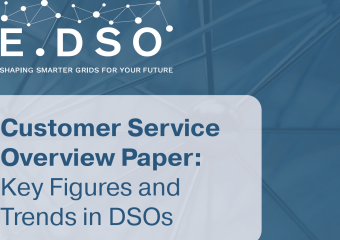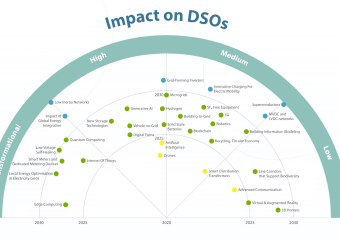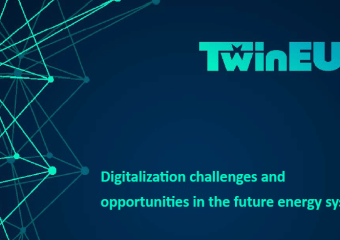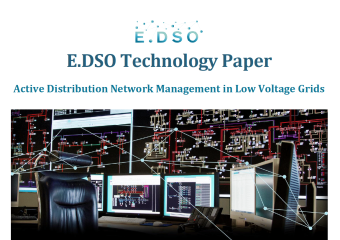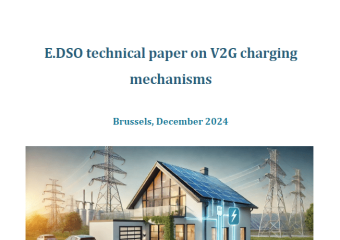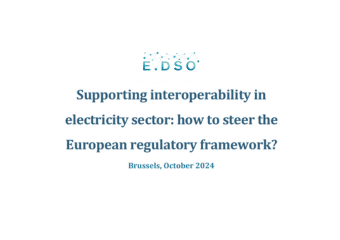As set out in the European Commission’s Clean Energy Package, DSOs’ roles are set to grow in the future, alongside the deployment of smart grid solutions needed to accommodate the more decentralised and distributed energy resources. The new demand and supply patterns, as well as growing customers’ roles are affecting distribution grids in an unprecedented way.
All this change will require distribution system operators to carry out significant investments to ensure their networks will be able to keep up with the innovation pace required. To enble innovative investments however, regulation too must be innovative. Regulators should help DSOs, customers and society to be able to switch from the ‘connect and forget’ to the ‘connect and manage’ approach.
Several barriers stand in the way of more effective regulation and investments. DSOs are currently facing lower investment decisions as a result of higher regulatory risks associated with smart grid investments. At the same time, DSOs are being asked to improve efficiencies of network operations and development, and maintain lower grid costs and tariffs.
In a majority of member states, there is no specific innovation scheme that can allow for a reasonable remuneration on R&D expenditure, and promote the development of innovative investments. This overall lack of adequate funding is holding back investments in smarter distribution grids.
DSOs regulation should move away from rewarding cost-efficiency only to ensuring an adequate investment framework that can guarantee security and quality of supply at least societal cost while promoting innovation and digitalisation.
EDSO calls on regulators to adhere to the following principles when reviewing regulatory models:
- Develop regulatory schemes that gives DSOs the choice to implement the best possible and the most cost-efficient solution that supports their changing roles.
- Create attractive conditions for innovation by offsetting regulatory risks and shifting away from cost-reductions only regulation.
- Enhance the remuneration toolbox by making funds available for R&D and innovation decoupled from ordinary BAU allowances.
- Set up dedicated innovation incentive schemes that can include costs for smart grid projects or promote DSOs’ increasing roles as neutral market facilitators.
- Include incentives for OPEX in order to reflect on the growing needs for OPEX related to flexibility in distribution networks.
- Ensure stable and clear regulatory frameworks that allow DSOs to develop both short-term and long-term innovation needed for system transformation.

